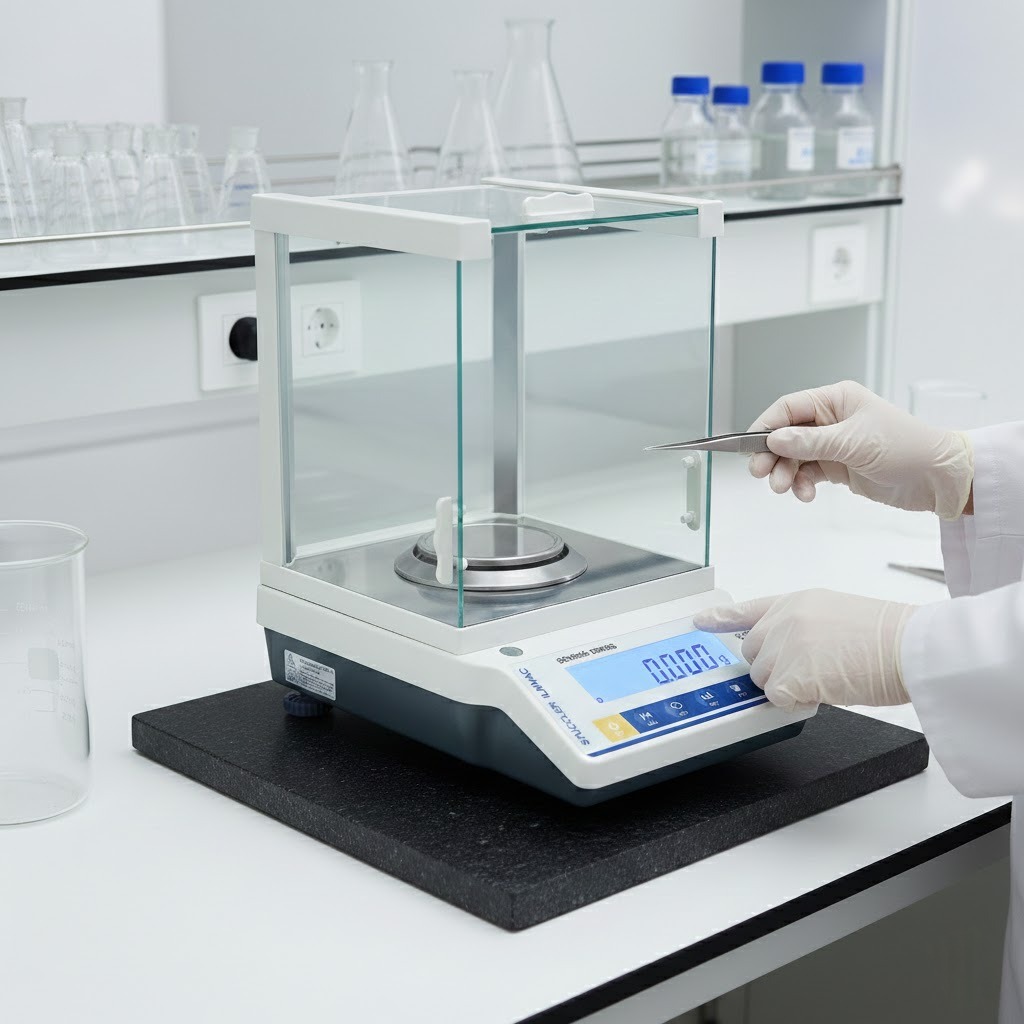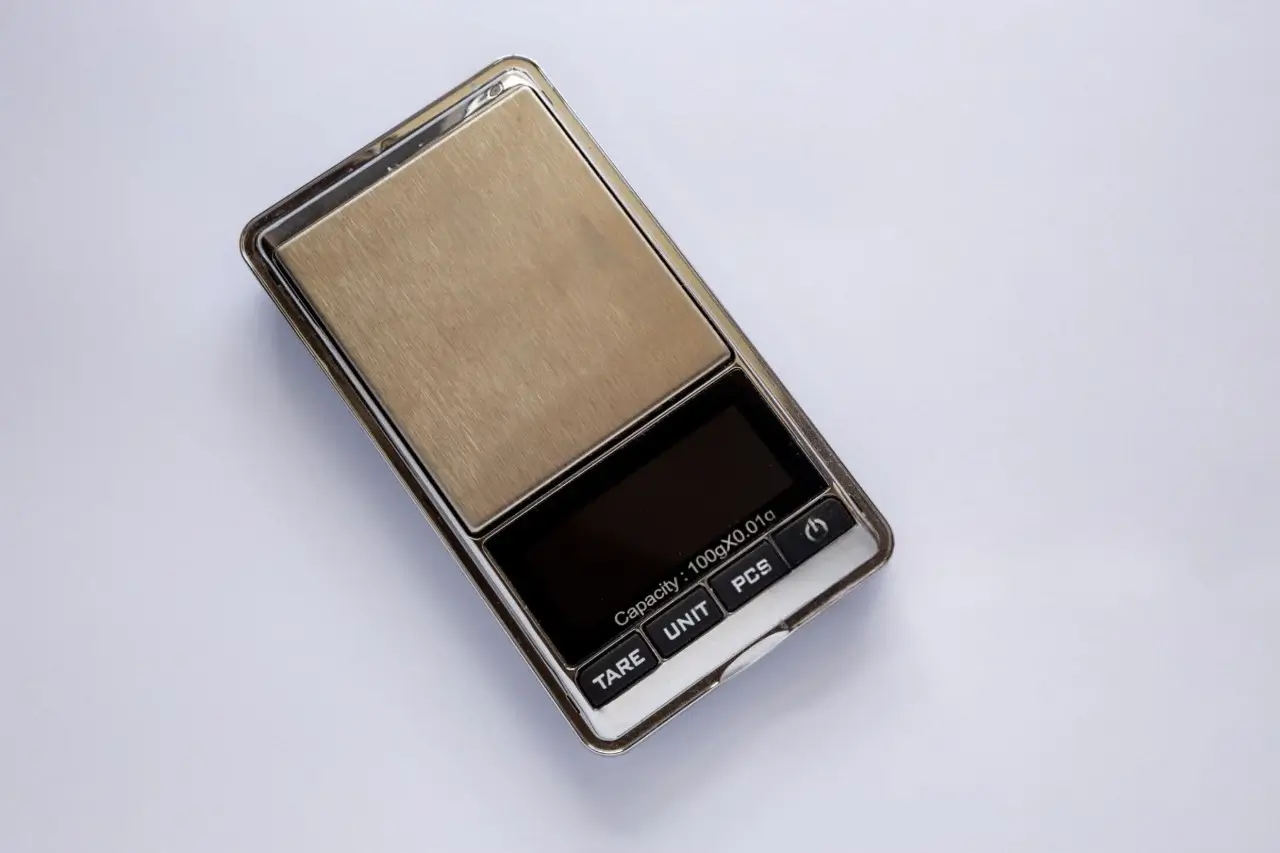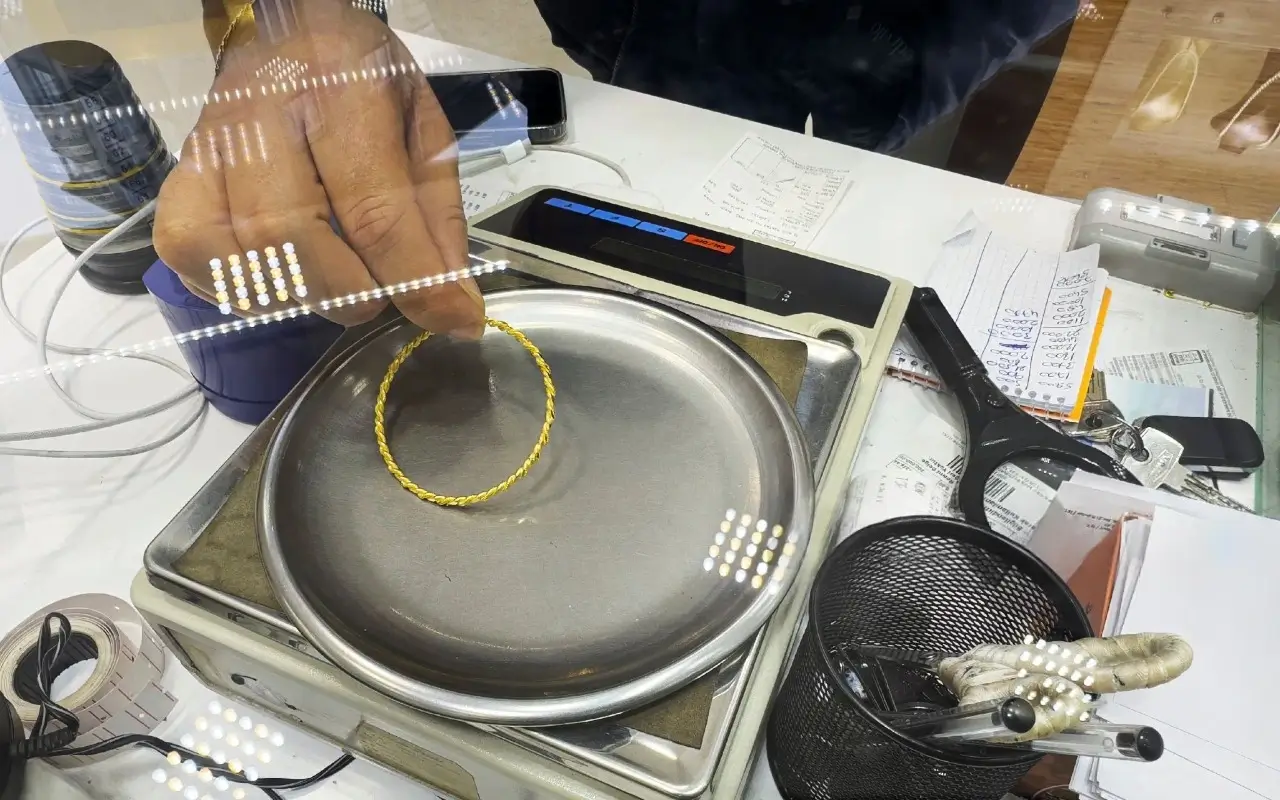Jewelry enthusiasts and traders often wonder: Can jewelry scales accurately weigh tiny gemstones? This is no small concern. A mere 0.001g discrepancy in a 0.05ct diamond’s weight can significantly affect its value and grading, impacting both commerce and trust.
In this article, we explore how jewelry scales function, how they differ from standard electronic scales, the challenges of weighing small gemstones, and key factors influencing accuracy. We’ll also offer practical tips for selecting and maintaining a jewelry scale to ensure reliable results.
How Jewelry Scales Work
Jewelry scales are engineered for precision far beyond that of typical kitchen or pocket scales.
- Resolution (graduations): While standard electronic scales measure in increments of 0.1g or 0.01g, jewelry scales achieve finer resolutions, often 0.001g (1mg) or even 0.0001g (0.1mg).
- Measurement units: Professional jewelry scales seamlessly switch between carats (ct), grams (g), and milligrams (mg).
- 1 carat (ct) = 0.2 grams (g) = 200 milligrams (mg).
This precision is critical for evaluating small gemstones like diamonds or sapphires, where even minor deviations can alter their worth.
Challenges in Weighing Tiny Gemstones
Weighing gemstones under 0.1g presents unique obstacles:
- Too light for standard scales: Most general-purpose electronic scales fail to register objects below 0.1g, rendering tiny gems undetectable.
- Environmental interference: Vibrations, air currents, dust, or temperature fluctuations can skew readings.
- Error amplification: For a 0.05ct (0.01g) gemstone, a 0.001g error represents a 10% discrepancy, which is significant.
- Counterfeit scales: The market is flooded with low-cost scales claiming “high precision” but delivering inconsistent results due to poor stability.
Are Jewelry Scales Truly Accurate?
The answer is yes—if you choose the right scale.
- High-end jewelry scales: Reputable models offer accuracy within ±0.001g, ideal for gemstones under 1 carat.
- Limitations of standard scales: Even scales with 0.01g resolution cannot accurately measure microcarat stones.
Case comparison:
- A 0.05ct diamond placed on a standard 0.01g electronic scale → Reading: 0.00g (not detected).
- The same diamond on a 0.001g jewelry scale → Reading: 0.010g (accurately recognized).
Conclusion: Only professional-grade jewelry scales provide the precision needed for small gemstones.
Factors Affecting Accuracy
Several elements determine a jewelry scale’s precision:
- Graduation and weighing range: Opt for scales with 0.001g or 0.0001g resolution and an appropriate maximum load capacity.
- Calibration method: Reliable scales feature manual or automatic calibration, ideally using certified standard weights.
- Operating environment: Place the scale on a stable, level surface, preferably with a draft shield to minimize air movement.
- Maintenance: Regular cleaning, dust protection, and recalibration ensure consistent performance.
How to Choose the Right Jewelry Scale
When selecting a jewelry scale, consider these factors:
- Accuracy requirement: Choose a scale with at least 0.001g resolution. For professional gem trading or appraisal, 0.0001g is ideal.
- Functions: Look for multi-unit conversion (ct/g/mg), automatic calibration, and tare functions for ease of use.
- Brand and reliability: Trusted jewelry tool brands offer consistency and warranty support.
- Budget considerations: High-precision scales are an investment. While pricier than general-purpose models, they’re essential for professionals and serious collectors.
Tips for Best Accuracy
To achieve precise readings:
- Weigh gemstones in a stable, wind-free environment, using a draft shield if possible.
- Let the scale warm up for 5–10 minutes to stabilize its sensors.
- Calibrate regularly with certified standard weights.
- Avoid overloading or pressing on the weighing platform, as this can damage the sensor.
Conclusion
Are jewelry scales accurate for tiny gemstones? Absolutely—when you use a professional, high-precision scale and follow best practices. For gemstones under 1 carat, a resolution of 0.001g or better is non-negotiable. Investing in a reliable jewelry scale isn’t just about convenience; it’s about ensuring accuracy, reliability, and trust in gem valuation.
Whether you’re a jeweler, gemstone trader, or dedicated hobbyist, a high-quality jewelry scale guarantees that even your smallest gemstones are measured with the precision they deserve.




